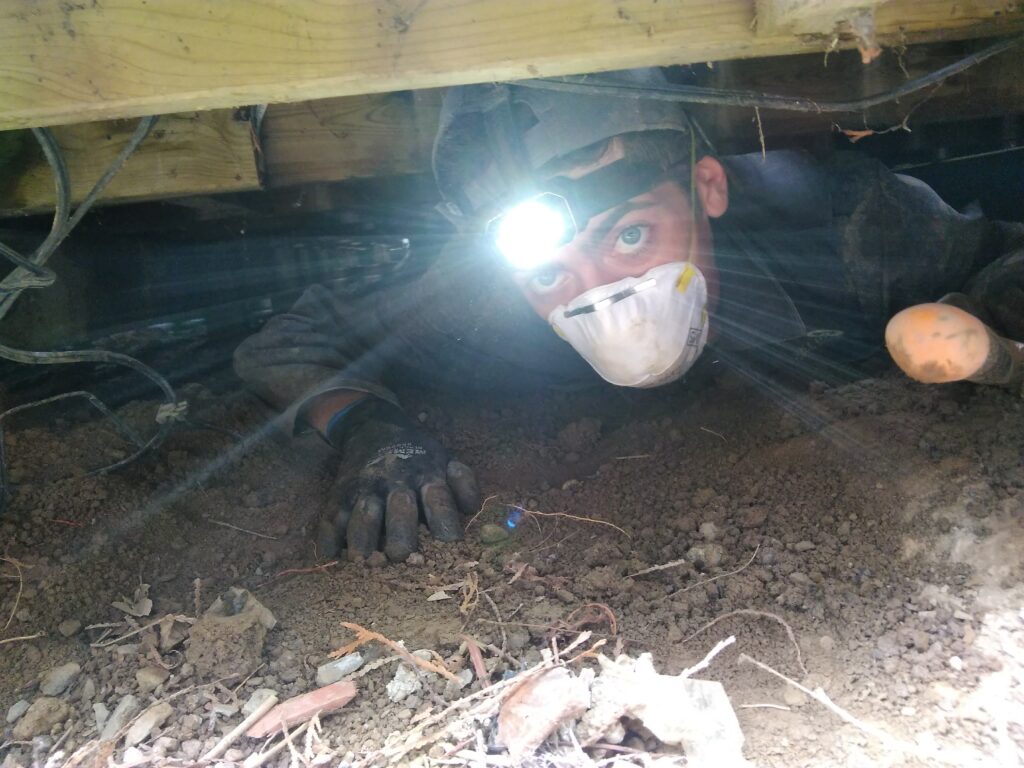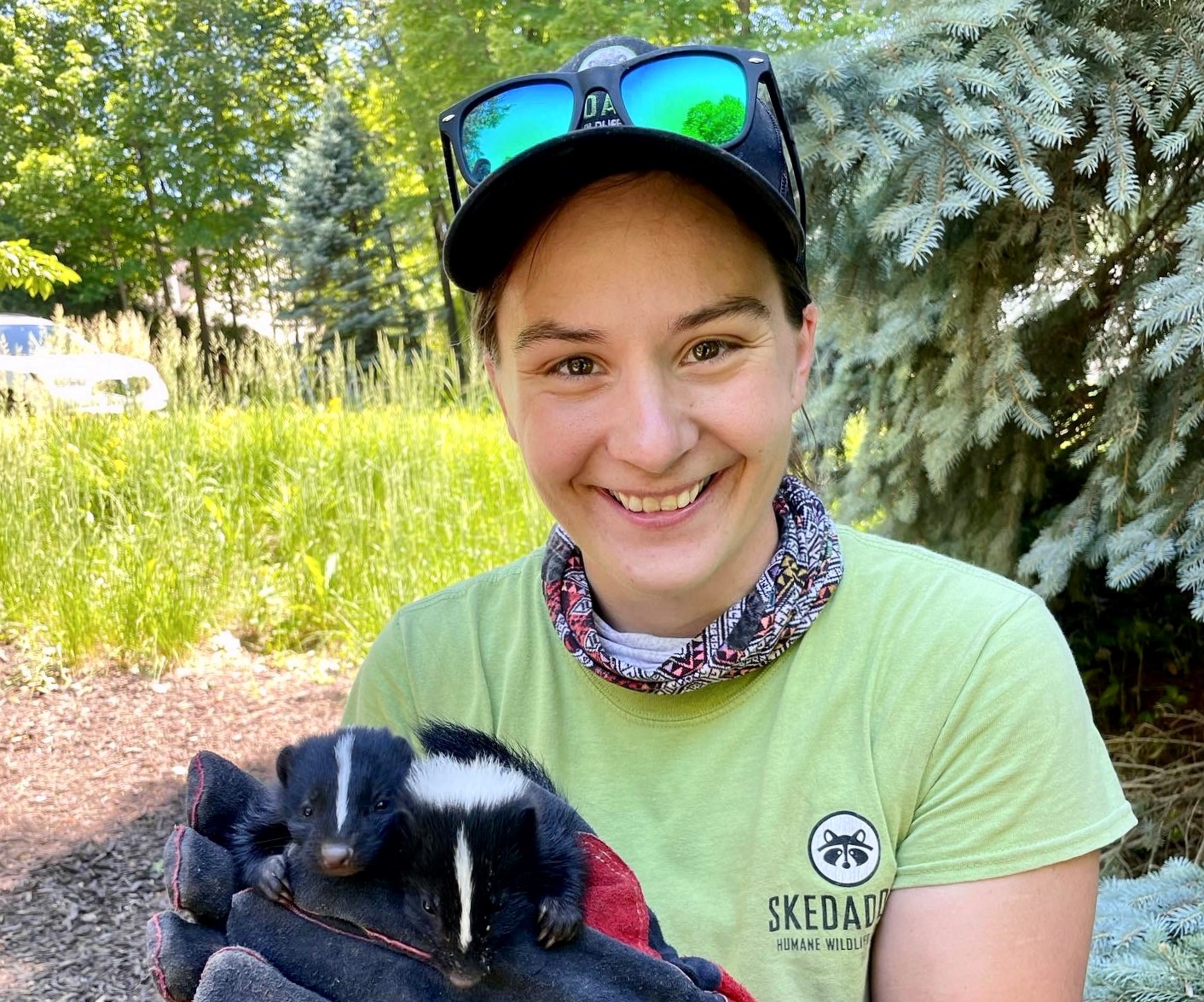Disease Risks of Skunk Exposure
Skunks are wild animals, and despite their visual similarity to friendly and romantic cartoon characters, they prefer distance. As with any wild animal, people and pets should maintain safe distances. If you or a pet gets too close to a skunk, the animal will take defensive postures. It may stomp and hiss, lunge forward, or turn its rear toward the threat. Most behaviours are purely posturing, and the animal would prefer you or your pet slowly back away and leave it be. The risk of disease transmission occurs when pets or people do not take the initial warnings and continue to move forward or make the animal feel threatened. A skunk will bite and scratch if it does not have a choice, and if that happens, it may transmit one of several uncomfortable or life-threatening conditions.1. Canine Hepatitis
Canine hepatitis can cause lethargy, diarrhea, and vomiting. Skunks can only transmit the disease through saliva, urine, or feces. While some animals may contract the illness through bites or scratches, many get it by drinking from contaminated water sources near a skunk's frequent bathroom area.2. Intestinal Roundworms
Intestinal roundworms can be an issue for humans or pets. You can only contract the condition from contact with skunk urine or feces. Most people and animals get the roundworms from swimming in or drinking from a contaminated water source.3. Rabies
While rare, skunks are carriers of the rabies virus. As carriers, they can also transmit the disease through bites or scratches. If a skunk is acting aggressively, it may have the infection, but the only way to know for sure is to test the animal. Regardless of whether the animal exhibits signs, if any wild animal attacks you, seek immediate medical attention.4. Distemper
People cannot become infected by distemper. It is a disease carried and transmitted by animals. A skunk can pass it on to domestic pets, primarily through urine. If your pets are old enough, they should get the vaccine, which can help reduce the risk of the infection. Also, hire skunk removal services if you notice the animals staying around your property.Proper Skunk Prevention Methods
Skunk prevention tactics include anything that secures your property and reduces the likelihood the animal will den on or around it. Some things you can do to protect your property include putting up a privacy fence, installing motion sensor lighting, keeping your lawn maintained, and storing animal food indoors. To protect your pets from skunk encounters, be sure to monitor them when outside. You will want to be especially careful when letting them out around dusk or after because skunks are nocturnal.Professional Exclusion and Prevention
 If you know you have skunks on or near your property, take action to ensure the wildlife cannot harm or contaminate your property. The safest way to intervene is to hire a wildlife professional, preferably a humane service. Protect yourself from unwanted injuries, diseases and horrible sprays by hiring professionals that can complete a skunk removal safely.
Contact Skedaddle Humane Wildlife Control and schedule an in-person visit. The company will send out qualified wildlife technicians to assess the situation and offer potential solutions, including exclusion and prevention strategies.
If you know you have skunks on or near your property, take action to ensure the wildlife cannot harm or contaminate your property. The safest way to intervene is to hire a wildlife professional, preferably a humane service. Protect yourself from unwanted injuries, diseases and horrible sprays by hiring professionals that can complete a skunk removal safely.
Contact Skedaddle Humane Wildlife Control and schedule an in-person visit. The company will send out qualified wildlife technicians to assess the situation and offer potential solutions, including exclusion and prevention strategies. 


